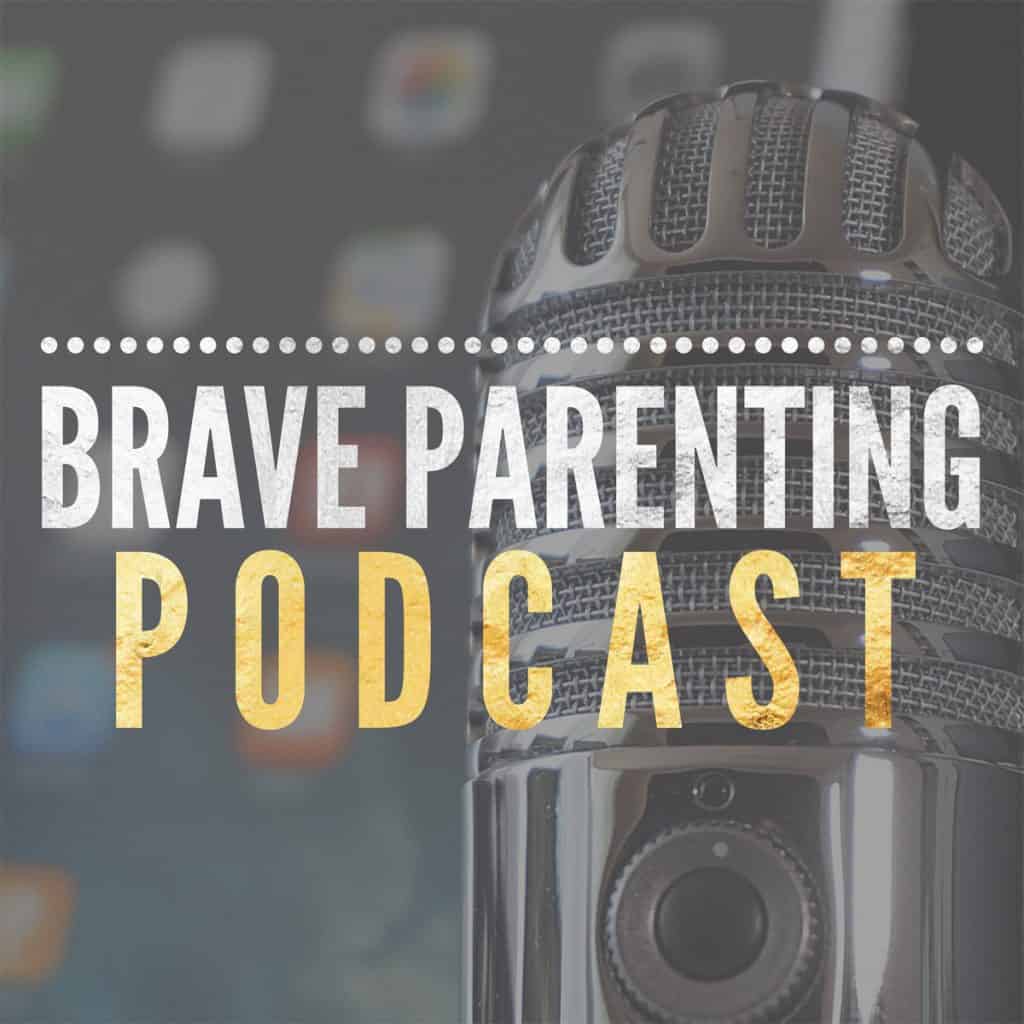Facebook has been collecting, using and selling our data.
This is the new outrage.
After discovering the data abuse of nearly 50 million Facebook profiles for political ends by Cambridge Analytica, the blind trust in the Social Networking giant has ended. News of Facebook’s practice of collecting phone and text data on Android phones added fuel to the fires of outrage and burned through the false sense of security and privacy we have believed in.
#DeleteFacebook has been circulating ever since Whatsapp co-founder, Brian Acton, posted this call to action hashtag on Twitter. Interestingly enough, Facebook owns Whatsapp and Mr. Acton just recently quit this year.
Big names like Elon Musk, CEO of Tesla, and a gaggle of celebrities have joined the movement deleting their personal and business pages off of Facebook.
But the fact Facebook has been using our data is nothing new.
Facebook is free to use and offers hundreds of drop down, textbox, checkmark, and upload opportunities for us to pour out our personal information. We’ve been subtly deceived that we enter our gender, political affiliation, music preferences, favorite books, places lived, and check-in locations all so we can better connect with friends. Yeah no, not exactly.
We are not the consumers here, we are the product. We are what is being sold to advertisers, marketing companies, and anyone else willing to pay for the data. Why are we surprised that all our precious data we freely gave was used and mishandled?
Did we not consider the Terms of Service and Privacy Policy before opening our account and freely entering every detail of life on public record? Did we not consider the app permissions that we expressly allowed when we installed the app?
Many Facebook users will continue to use the service and pay this cost without a mindful thought about their data. Others will join the vogue, deleting their accounts, and move their social connectivity to other networking sites like Instagram, Twitter, or Snapchat.
What is so terrifyingly baffling is the belief that other social networking sites are somehow different. Surely Twitter isn’t using my data, Snapchat isn’t analyzing stories, and Instagram would never sell my pictures.
Instagram is owned by Facebook, so why would you expect any different behavior on that social media platform? And yes, Twitter is using your data and Snapchat is analyzing your stories. This is how they know what to advertise to you. Yet, no one is supporting a #deleteinstagram, #deletetwitter, or #deletesnapchat movement.
For the most part, the outrage and #deletefacebook movement has gained its ground among adults. Whether they be business owners, blue collar workers, or college students, these adults are making a stand about how they feel about their private data being compromised.
But here is the question all parents must be BRAVE enough to ask:
What about our kids and all the data they share as they “communicate” and “live” out their friendships and relationships through social media apps?
What about your 11 year-old daughter whom you have allowed the Snapchat app? She shares an average of 50 pictures of herself a day (keeping up those streaks), detailing her location, her emotions, how she spends her time, and her heart’s desires and passions.
What about your 4 year-old son with his own Instagram account that you’ve managed since he was born? What about the pictures shared at the public park, museum, restaurants and his new preschool all offering precise locations? Or the pictures and details which are cute now, but he’ll hate once he’s grown?
Social Networking Sites (SNSs) are afforded the privilege of collecting our data when we agree to the Terms of Service. They can only legally collect this data on children over 13. However, parents have turned a blind eye to the cost of data mining and all aged children are giving their data to these apps! You know, so they can “learn how to use technology” and establish their online brand as early as possible.
Parents: Consider the cost our children will pay when the data collected on them throughout their childhood is used, sold, compromised, or made public.
Children are living their social lives online because they don’t know any better. Parents have allowed it, so children instinctively believe that it must be safe. Surely if it wasn’t, we would protect them from it.
They are using social media to communicate and socialize because it’s easy and offers instant and quantifiable results. Children are holding their conversations in private chats and direct messaging because we are allowing them to. They are posting selfies, nudes, self-harm, pornography, and a host of other reputation-damaging material because they have the illusion of control through deletion. All of this, however, may be indefinitely stored, analyzed, and sold or distributed to third parties.
Parents have to count these costs for their children. If tech giants like Facebook hold the power within their business practices to shift the tides of Presidential elections, what could they do to children’s futures?
The reality is: if we are allowing our children to share their day-to-day details, drama, and data with free social networking sites, we are responsible and to blame when their data is abused and their privacy is compromised.
So, if you are a parent of a child who willingly and joyfully hands over buckets-full of personal data to a social media site on a daily basis here is what you must do:
1. Evaluate.
What apps have you allowed your child to download?
What permissions did that app ask for? Hint: Many Android apps, including games, ask for phone permissions well beyond what is required to play the game.
Do you know what type of data they are sharing within the apps? Do you have access to their accounts in order to find out? Could it be incriminating or detrimental to their future?
2. Count the costs.
Are the apps you have allowed worth risking a future unencumbered by impulsively shared data from their youth?
What will a ruined reputation or lost opportunity because of shared data cost you?
3. Dialogue.
Talk about personal data shared online, app permissions on devices, and what you are agreeing to in the apps’ Terms of Services.
What would it look like if your child’s privately collected data were mishandled and became public? How would it make them feel?
How important is their personal data to them?
Does your child understand what it means for a social media app to use them as the “product”?
4. Act.
Limit your own app and social media usage to set a better example for your child.
Delete apps that require more phone permissions than are necessary. Why should a game require access to your phone call or text message data?
Delete social media apps that provide impulsive teens an easy and tempting way to share inappropriate data.
If you child is under 16, delete ALL social media apps. You can save their mental health and their privacy, ensuring their data is not collected.
Now, we know. Our eyes are open to the reality of data mining and usage by app makers and social media companies. Ignorance is no longer a blissful use of free apps. Now, we must do the brave, hard work of saying, “No, you cannot have that game” and “Sorry, but you can communicate with friends through text and calls, social media doesn’t need your data.”
For a comprehensive approach at raising the internet Generation with the end in mind, pick up our book: Managing Media Creating Character on Amazon.





